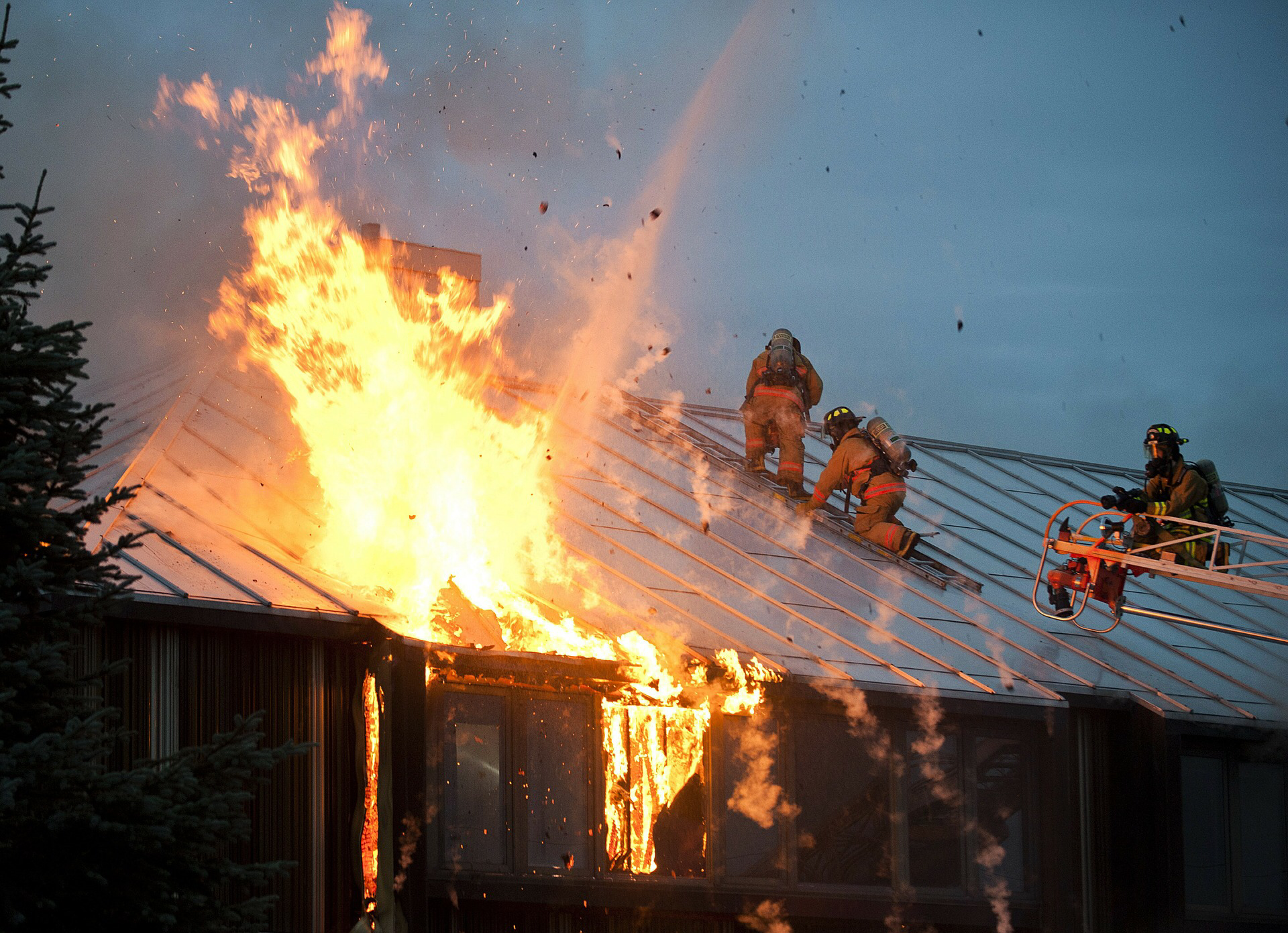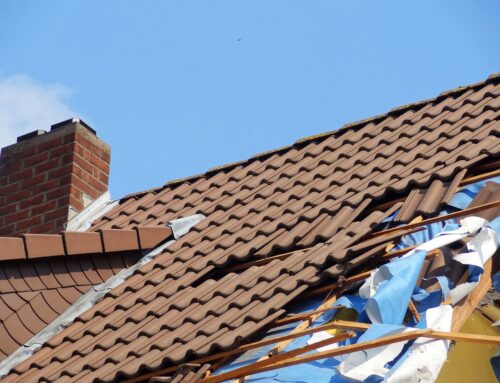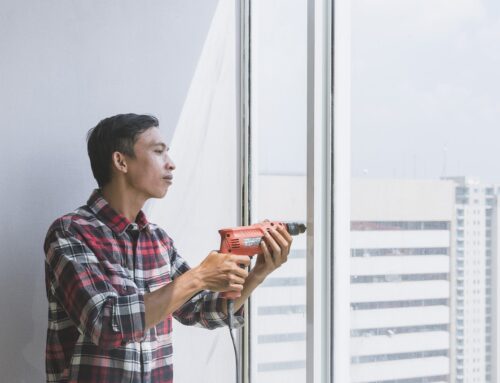According to the National Fire Protection Association, in recent years we have seen between 250,000 and 275,000 house fires annually in the United States. Sadly, these fires have resulted in an average of 2,700 deaths per year.
But even in fires which do not result in the loss of life, the loss of property is catastrophic, reaching 6 to 7 billion dollars per year.

The saddest thing about house fires and the damage they cause is that they often begin in such small ways.
The causes of house fires are often related to common, everyday items we all own. Recognizing that fact, the insurance professionals at Anderson & Associates would like to assist in identifying these risks, and hopefully avoiding a tragedy.
Common Causes of House Fires
- Smoking in Bed: Although both smoking, and fires caused by smoking, are way down, cigarettes still rank as one of the top culprits when it comes to house fires. Never smoke while relaxing in bed (or any place you may doze off.)
-
- Kitchen Equipment: Pots and pans can overheat and spilled oil can ignite, while hotplates can also catch fire. When cooking on a stove, always be sure to stay in the kitchen and keep an eye on everything. While cooking, also be sure that dishrags, paper towels, and food packaging are removed from the proximity of any heat or flames.
-
- Faulty Electrical Wiring: If you notice your lights dimming when you turn on an appliance, or your breakers are tripped often, you should call an electrician immediately. Faulty wiring is the cause of many house fires, especially insidious as the fire will likely start in walls or electrical closets, which are not in direct sight.
-
- Flammable Liquids & Household Products: House fires often start in garages, as flammable liquids are most likely to be kept in these areas. Oil soaked rags or gasoline next to a heat source could cause combustion, and while very rare, even batteries next to a flammable substance could cause trouble if moved or jostled. Dispose of and store flammable materials safely, and always keep away from wires, breaker boxes, or the furnace.
-
- Heaters: Portable heaters should always be kept at least a foot away from anything that may ignite, such as curtains or bath towels. If using a portable space heater, keep the unit completely removed from anything else in the room, with all vents unblocked. Furnaces should be inspected regularly, and all flammable materials should be stored well away.
-
- Lighting and Light Fixtures: If your lights have canvas or paper shades (as opposed to glass globes) they could catch fire if the light bulb gets too hot. Keep lights away from curtains, and position lamps so as to make them less likely to be knocked over by pets or small children.
-
- Candles: Everyone loves the scent of candles, and their soft glow is a beautiful way to set a calm mood in your home. However, open flame can quickly become a hazard in many ways. If you choose to burn candles, never leave them unattended – even for a short period of time. Blow out any candles when leaving a room and never fall asleep in a bedroom with lit candles.
-
- Barbecues & Grills: Here in the Sarasota and Bradenton area, we cook year-round on grills – but they do make the list as a top fire hazard. Make sure your grill is properly cleaned and maintained after each use, and check all gas lines each time you cook out. Keep the grill away from the structure of the home, and away from any overhanging or overgrown trees or shrubs.
-
- Inquisitive Kids: Children can be infatuated with fire, and if given the opportunity are likely to try to light something on fire just for fun. Keep all lighters hidden away from children, and be sure to educate them as to the dangers of house fires.
-
- Fireplaces: Although rare in the Sarasota area, fireplaces still pose a risk to homeowners who do have one. Make sure your flue is unblocked, a grill and grate is in place, and that nothing potentionally flammable is positioned close to the fire.
- Even after taking every precaution, it is imperative that you have home insurance which includes fire protection.
Sorry! The Author has not filled his profile.









